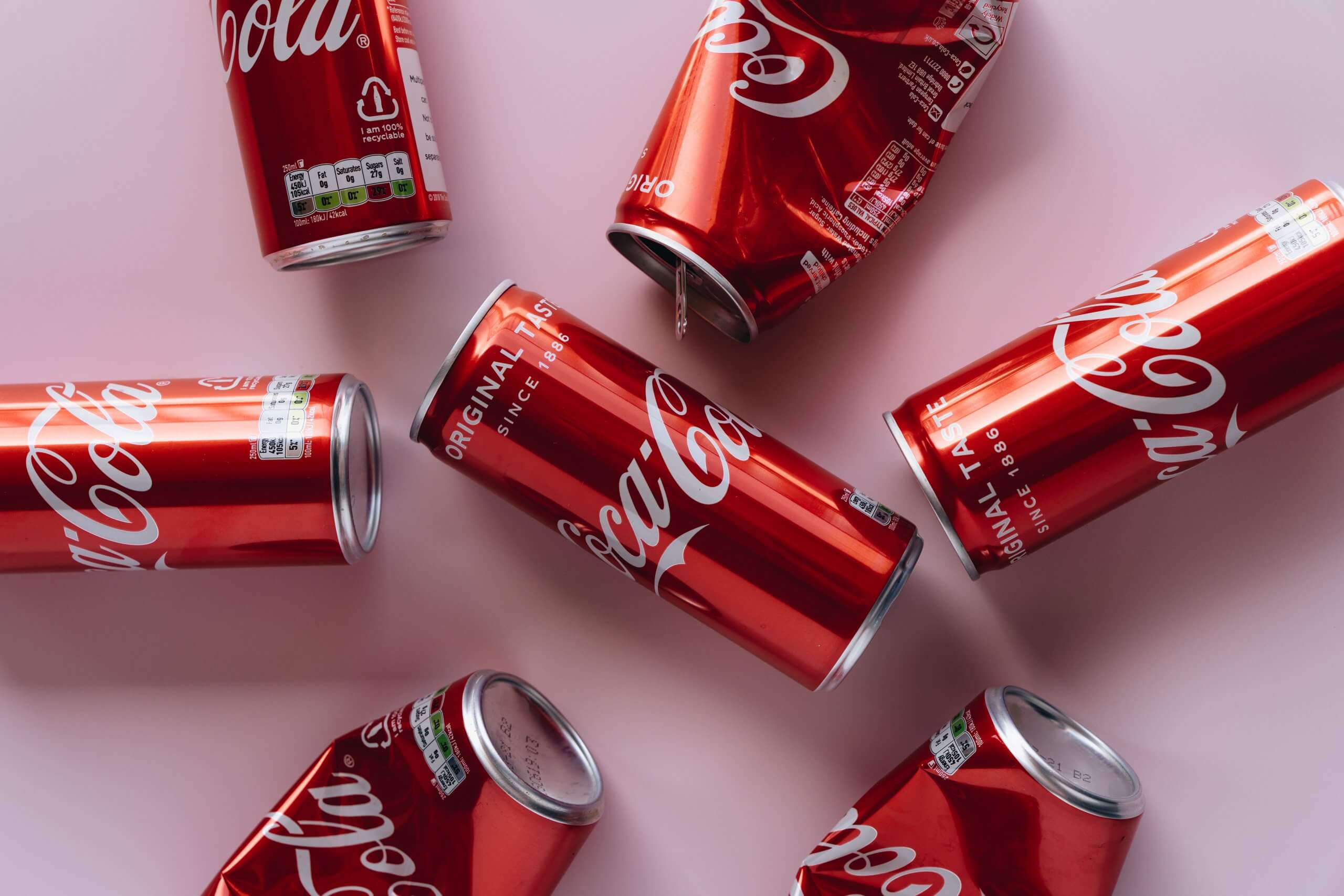Ex-Coca-Cola Engineer Sentenced to Prison for Stealing Trade Secrets
Takeaway: Stealing trade secrets in the U.S. is a serious crime that may be punishable with a lengthy sentence and hefty fine.

Xiaorong You, an engineer who formerly worked at Coca-Cola Co. in Tennessee, had access to valuable trade secrets related to bisphenol-A-free soda can coatings. According to U.S. prosecutors, You obtained trade secrets information and sent them to Chinese businessman Liu Xiangchen with the intent to compete against Coca-Cola. After being found guilty of stealing the precious trade secrets, she was sentenced to 14 years in prison and ordered to pay a $200,000 fine and nearly $11,500 in restitution.
The DOJ’s National Security Division said, “As the evidence at trial showed, You stole valuable trade secrets and intended to use them to benefit not only a foreign company, but also the government of China. Today’s sentence reflects the seriousness of this offense, as well as the Department of Justice’s commitment to protect our nation’s security by investigating and prosecuting those who steal U.S. companies’ intellectual property.”
The Copyright Clause Restoration Act and How It Can Strip Disney of Its Copyright Protections
Takeaway: Senator Josh Hawley recently introduced legislation that would take away special copyright protections from large corporations, such as the ability to hold copyright material for decades.

The Copyright Clause Restoration Act would limit copyrighted material to 56 years and apply the new rule retroactively, specifically targeting large corporations like Disney that have been granted unnecessarily long copyright monopolies. If the law were to pass, companies could instantaneously lose some copyright protections. Senator Hawley of Missouri, who introduced the bill, said that “the age of Republican handouts to Big Business is over.”
Moreover, he said, “It’s time to take away Disney’s special privileges and open up a new era of creativity and innovation.”
The USPTO Is Hoping to Achieve Efficiency With Its Pilot Program
Takeaway: The USPTO is contemplating the implementation final pretrial conferences into trademark cases to save time and resources.
One example is studying the role of final pretrial conferences (FPCs) in federal district courts. The USPTO said that “the TTAB has no equivalent to this practice, even though it has the authority to order the parties to attend a pretrial conference. To allow it to streamline and better manage cases and trials, the TTAB is considering implementing a final pretrial conference pilot project for cases identified as likely to generate unnecessarily large or disorganized and unwieldy records.” This pilot would not include every inter partes case that goes to trial.
Brand Battles: “Starbarks” Pet Trademark
Takeaway: Always keep on the lookout for trademarks that may cause confusion to your company’s brand and products.

Starbucks is attempting to block Robert A. York from registering the word “Starbarks” as a trademark. York is attempting to register the word for his website, which provides information on pet food and toys for specific breeds.
Although Starbucks does not specifically own a registration for a pet-based website, its brief characterized the services covered in York’s application as “retail services,” which the company said “falls well within the services offered by Starbucks.” Starbucks stated, “Further, the retail services pertain to goods that have been offered (or may still be offered) by Starbucks, such as dog toys. Starbucks has previously sold similar goods, such as stuffed plush animals. Starbucks also offers dog treats in its stores in the nature of the Puppuccino dog treat featuring whipped dairy toppings.”
Iancu Calls Biden’s SEP Injunction Policy A “Systematic Attack” On Our Patent System
Takeaway: Former U.S. Patent and Trademark Office Director negatively reacted to President Biden’s draft policy that would limit injunctions in cases involving standard essential patents (SEPs).
The former USPTO director, Andrei Iancu, mentioned a “huge shift” in recent years involving more pressure from implementers of standard essential patents (SEPs) over innovators that he said has disrupt the U.S. patent system balance. Iancu mentioned that the Trump administration policy position treated SEPs like any other patent and called the current administration’s proposal of singling out one type of patent for disparate treatment as “dangerous”.
Instead, Iancu believes all patents should be treated equally. Iancu has stated, “We should not depart from long-standing U.S. policy on standard-essential patents.”
Cislo & Thomas LLP Spotlight
Cislo & Thomas LLP Wishes you a Happy Memorial Day
As proudly citizens of the United States, we hope you had a proud and blessed Memorial Day weekend.
While this past weekend was dedicated to our fallen soldiers, we are thankful every day for their sacrifice to make this country great.




